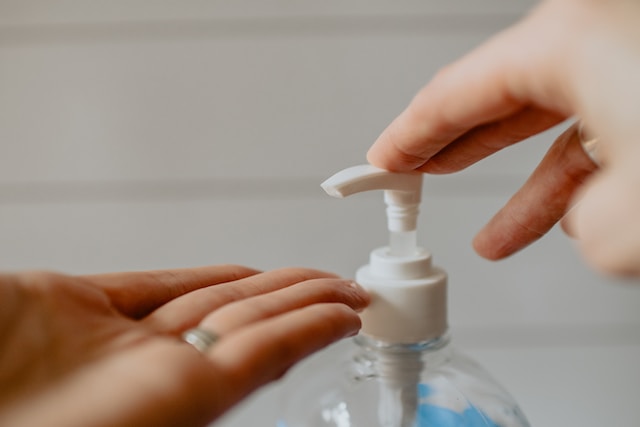Introduction:
In the face of the ongoing global health crisis caused by the coronavirus pandemic, it is crucial to prioritize the safety and well-being of ourselves and our loved ones. While adhering to social distancing guidelines and receiving vaccinations are important, creating a clean and hygienic home environment is equally vital. In this article, we will discuss 10 effective ways to combat the coronavirus within the comfort of your own home.
- Frequent Hand Hygiene:
One of the most basic yet essential preventive measures is practicing good hand hygiene. Regularly wash your hands with soap and water for at least 20 seconds, particularly before eating, after using the restroom, and upon returning home from outside. If soap and water are unavailable, use a hand sanitizer with at least 60% alcohol content.
- Disinfect High-Touch Surfaces:
Coronavirus can survive on surfaces for extended periods, making regular disinfection necessary. Wipe down frequently touched areas such as doorknobs, light switches, countertops, and electronic devices using disinfectant sprays or wipes. Pay extra attention to shared surfaces and objects.
- Ventilate Your Living Spaces:
Proper ventilation helps dilute and remove airborne contaminants. Open windows or use exhaust fans to allow fresh air circulation. This is particularly important when hosting visitors or if someone in your household is sick.
- Maintain Clean Air Filters:
Keeping your HVAC system in good working order is essential for maintaining clean indoor air quality. Regularly change or clean air filters to prevent the accumulation of dust, pollen, and other particles that can potentially harbor viruses.
- Practice Respiratory Etiquette:
Coughing or sneezing into a tissue or your elbow helps prevent the spread of respiratory droplets that can carry the virus. Dispose of used tissues immediately and wash your hands afterward.
- Laundry Hygiene:
Handle potentially contaminated clothing, bedding, and towels with care. Use the warmest water setting recommended for the fabric and dry them thoroughly. Avoid shaking dirty laundry, as it can disperse the virus into the air.
- Create Personal Hygiene Stations:
Set up hygiene stations near the entrance of your home, equipped with hand sanitizer, tissues, and a waste bin. This encourages good hygiene practices for both residents and visitors, reducing the risk of transmission.
- Limit Visitors and Practice Social Distancing:
Minimizing the number of people entering your home reduces the likelihood of virus introduction. If visitors are necessary, ensure they follow proper hygiene practices and maintain physical distance.
- Follow Food Safety Guidelines:
Coronavirus primarily spreads through respiratory droplets, but it is also important to practice food safety. Wash fruits and vegetables thoroughly, cook meat thoroughly, and avoid cross-contamination between raw and cooked foods.
- Stay Informed and Adapt:
As new information about the virus emerges, it is crucial to stay informed and adapt your practices accordingly. Follow reputable sources, such as the World Health Organization (WHO) and the Centers for Disease Control and Prevention (CDC), for accurate and up-to-date guidelines.
Conclusion:
By implementing these 10 effective measures, you can significantly reduce the risk of coronavirus transmission within your home. Prioritizing cleanliness, hygiene, and informed decision-making will contribute to the overall safety and well-being of your household. Remember, each one of us plays a vital role in fighting this global health crisis, and it begins with creating a safe haven within our own four walls.












